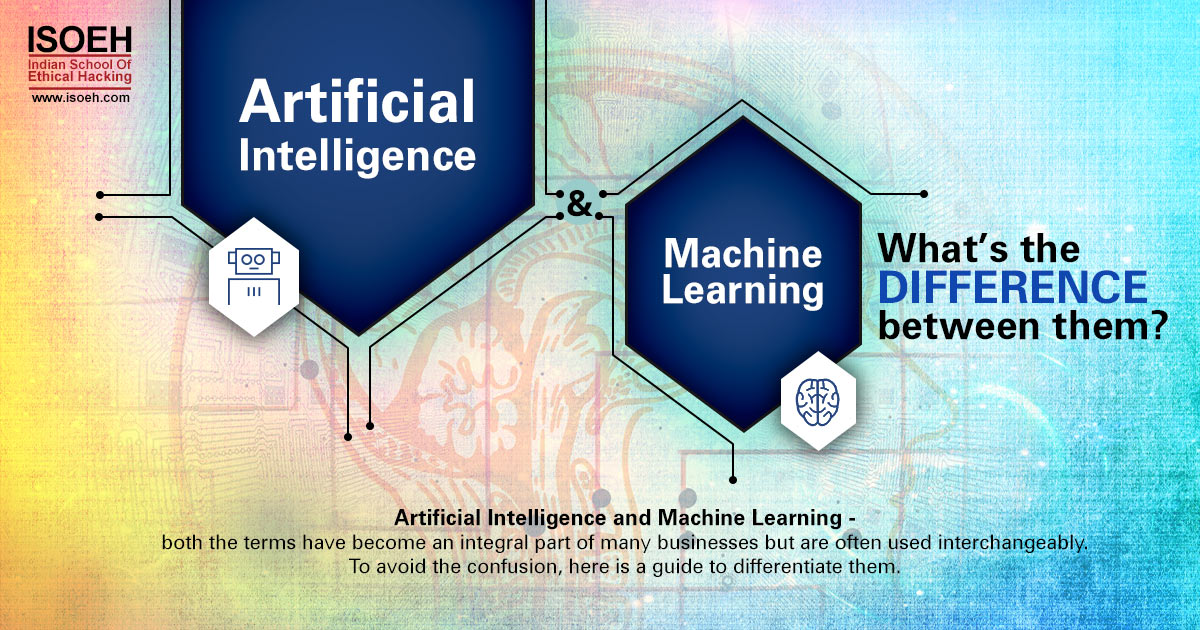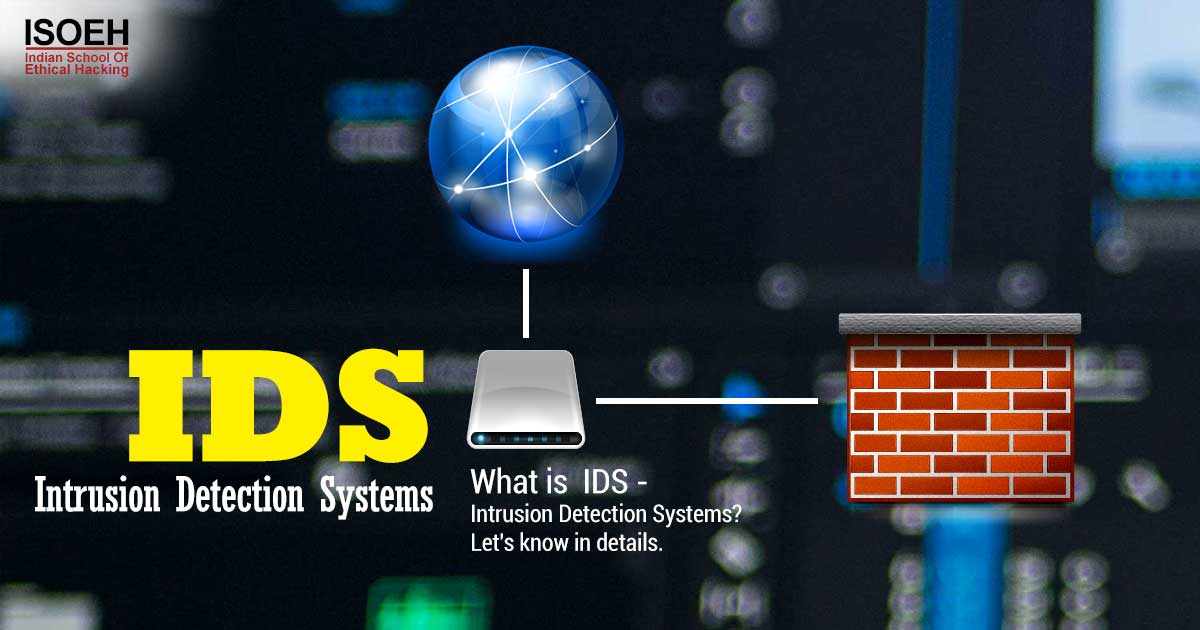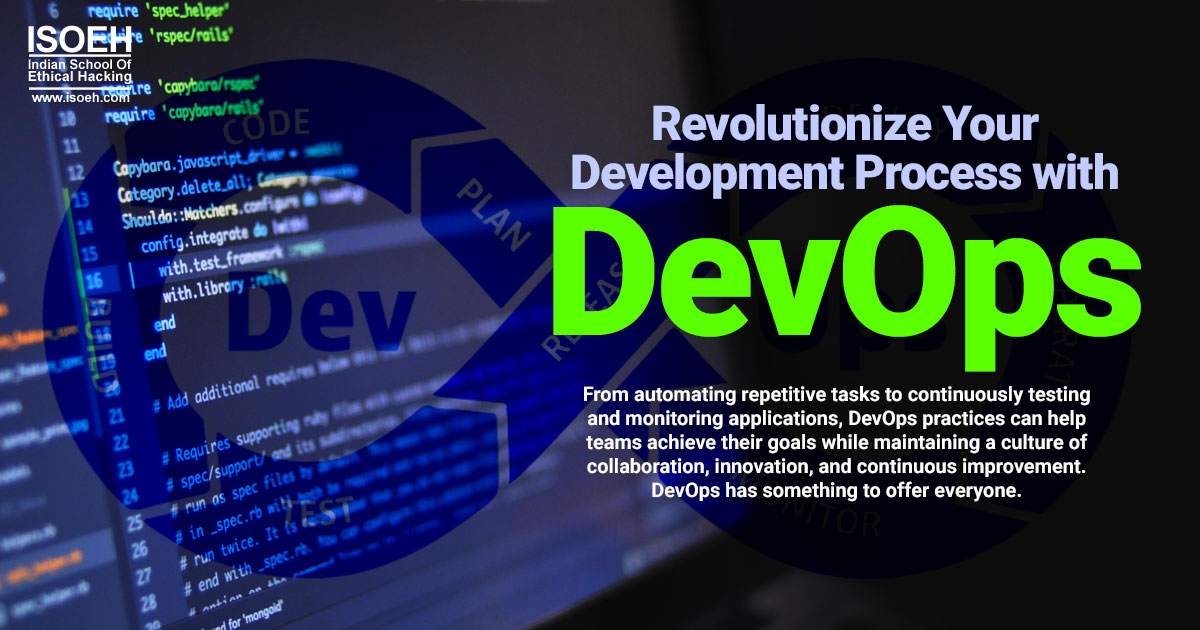
Contents
- Introduction
- What is DevOps?
- Benefits of DevOps
- DevOps Tools & Technologies in 2023
- Implementing DevOps in Your Organization
- Challenges of DevOps Adoption
- Best Practices for DevOps
- Building a Strong DevOps Resume: Tips and Tricks
- Navigating the Job Market: Opportunities and Challenges in DevOps Careers
- Conclusion
Introduction
Transform Your Software Delivery with DevOps: Faster, More Reliable, and Collaborative! Deliver Better Software, faster: Embrace DevOps and Supercharge Your Team! But what is it and why do you need it?
Are you tired of slow and unreliable software delivery? Are you struggling to bridge the gap between your development and operations teams?
If so, then you may be interested in the revolutionary practices of DevOps. It is a powerful set of practices and tools that can transform the way you deliver software, making it faster, more reliable, and more collaborative.
In this article, we will explore the key principles of DevOps and how it can help you unlock your team's full potential. From automation tools to cultural shifts, we will dive into everything you need to know to start your DevOps journey and streamline your software delivery process. So, let's get started and discover the magic of DevOps!
Whether you're a software developer, IT operations manager, or business leader, understanding DevOps is essential for staying competitive in today's market. In this guide, we'll explore the key principles and practices of DevOps, as well as the tools and technologies that make it possible. So, buckle up and get ready to revolutionize your software development process with DevOps! Clear this concept in 100 seconds.
What is DevOps?
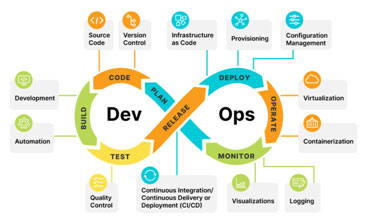 In today's fast-paced and highly competitive software industry, businesses are under immense pressure to release high-quality software products faster than ever before. This is where DevOps comes in.
In today's fast-paced and highly competitive software industry, businesses are under immense pressure to release high-quality software products faster than ever before. This is where DevOps comes in.
DevOps is an approach to software development that combines both software development and operations to improve collaboration and efficiency. It enables teams to rapidly and reliably develop, test, deploy, and maintain applications and services. Additionally, it offers improved communication, shorter development cycles, and increased automation. Ultimately, it reduces the time and cost associated with traditional software development, while also helping to ensure software quality.
Benefits of DevOps
DevOps can benefit organizations in numerous ways, including:
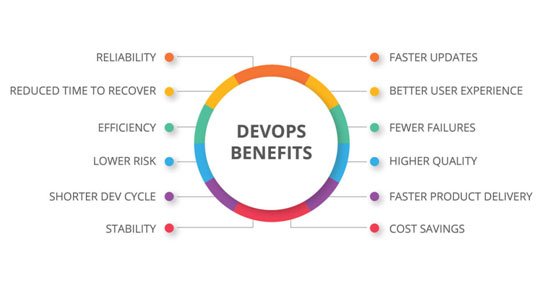
- Faster time-to-market: DevOps allows teams to develop, test and deploy applications much faster than traditional methods. This increases the speed of delivery and provides organizations with a competitive edge.
- Increased Productivity: DevOps enables teams to quickly and reliably produce software. This increases development productivity by eliminating manual processes and reducing delivery time.
- Increased Productivity: DevOps enables teams to quickly and reliably produce software. This increases development productivity by eliminating manual processes and reducing delivery time.
- Automated Testing: DevOps enables teams to quickly and reliably produce software. This increases development productivity by eliminating manual processes and reducing delivery time.
- Cost Savings: DevOps reduces the cost associated with traditional software development. This helps to save time and money and enables organizations to develop software faster and more efficiently.
- Greater Visibility: DevOps provides greater visibility into the progress and performance of the software. This helps teams to keep track of their progress and ensure they are meeting their goals.
- Enhanced security: DevOps incorporates security measures at every stage of the software development process, reducing the risk of security breaches and vulnerabilities.
- Improved customer satisfaction: By delivering high-quality software products faster, DevOps can help organizations meet customer needs more effectively, leading to higher levels of satisfaction and loyalty.
DevOps Tools & Technologies in 2023
 DevOps is more than just a philosophy; it's a set of tools and technologies that enable organizations to achieve their software development goals more efficiently and effectively.
DevOps is more than just a philosophy; it's a set of tools and technologies that enable organizations to achieve their software development goals more efficiently and effectively.
There are various tools and technologies in DevOps like few of the common tools are Jenkins, GitLab, and Azure DevOps. GitLab and Azure DevOps have the same kind of use cases whereas Jenkins is a CI tool that is being used with other tools to achieve CI-CD.
- Git: A version control system that allows teams to collaborate on code changes.
- Jenkins: A continuous integration tool that automates the building, testing, and deployment of software products.
- Docker: A containerization platform that allows you to build test and deploy applications quickly. Docker packages software into standardized units called containers that have everything the software needs to run including libraries, system tools, code, and runtime.
- Kubernetes: An open-source container orchestration platform that automates the deployment, scaling, and management of containerized applications.
- Configuration management tools: These tools are such as Ansible, Puppet, and Chef are being used by different companies. Apart from that there is some infrastructure as a code are there in a place like Terraform and CloudFormation.
- Ansible: A configuration management tool that automates the deployment and management of infrastructure.
- Chef: Another configuration management tool that enables teams to automate the configuration of servers and other infrastructure components.
- Puppet: A configuration management tool that allows teams to manage infrastructure as code.
- Terraform: An infrastructure-as-code tool that enables teams to define and provision infrastructure resources in a declarative, repeatable way.
These are just a few examples of the many DevOps tools and technologies available. The right tool or technology for your organization will depend on your specific needs and goals.
Implementing DevOps in Your Organization
 Implementing DevOps in your organization can be a complex process, but with the right tools and technologies in place, it can help you to develop, test, deploy, and maintain applications and services more quickly and efficiently.
Implementing DevOps in your organization can be a complex process, but with the right tools and technologies in place, it can help you to develop, test, deploy, and maintain applications and services more quickly and efficiently.
First, you'll need to identify what tools and technologies will be most beneficial for your organization and start by implementing the basics. Then, you'll need to adjust processes, create teams, and set up a dedicated DevOps environment.
Finally, you'll need to monitor your environment and make any necessary changes to ensure your DevOps implementation is successful.
Here are some steps to consider when implementing DevOps:
- Assess your current state: Before you begin implementing DevOps, assess your organization's current state in terms of culture, processes, and technology. This will help you identify areas for improvement and prioritize your efforts.
- Define your goals: Define clear, measurable goals for your DevOps implementation. This could include improving the speed and quality of software releases, reducing downtime, or increasing collaboration between teams.
- Build a DevOps team: Establish a cross-functional DevOps team that includes members from development, operations, and other relevant teams. This team will be responsible for driving the DevOps implementation and ensuring that all stakeholders are engaged.
- Implement continuous integration and delivery: Implement continuous integration and delivery (CI/CD) processes to automate the building, testing, and deployment of software products. This will help you achieve faster, more frequent, and more reliable software releases.
- Automate infrastructure: Implement infrastructure-as-code (IaC) practices to automate the provisioning and management of infrastructure. This will help you achieve a more consistent, scalable, and reliable infrastructure.
- Foster a culture of collaboration: Create a culture of collaboration and communication between development and operations teams. Encourage transparency, feedback, and continuous improvement.
- Monitor and measure: Monitor and measure your DevOps implementation to track progress, identify areas for improvement, and ensure that you're achieving your goals.
Challenges of DevOps Adoption
While the benefits of DevOps are many, there are also some challenges that organizations may face when adopting DevOps.
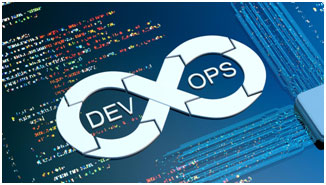 Learning Curve: Implementing DevOps tools and processes can be challenging and require the right skills, resources, and training.
Learning Curve: Implementing DevOps tools and processes can be challenging and require the right skills, resources, and training.- Lack of Automation: Without automation, DevOps processes can be inefficient and slow down the development process.
- Culture Change: DevOps requires a shift from traditional “waterfall” development to an agile, iterative approach and teams may need to adjust their mindset and approach.
- Security and Compliance: DevOps requires careful consideration of security measures, data privacy, and compliance. It's important to implement security and compliance measures at every stage of the DevOps process.
- Cost of Implementation: Implementing DevOps processes can require significant capital investments in tools, training, and resources.
- Integration with legacy systems: Integrating DevOps practices with legacy systems can be a challenge, as legacy systems may not be designed for the continuous delivery and deployment that DevOps requires. This may require significant changes to your existing systems.
Best Practices for DevOps
Here are five best practices for DevOps that are currently being implemented in real-world projects:
- Infrastructure as Code (IaC): IaC is becoming increasingly popular in DevOps projects as it allows for the management of infrastructure using code, which improves consistency, repeatability, and scalability. Teams are using tools like Terraform, Ansible, and CloudFormation to automate the provisioning of infrastructure.
 Continuous Integration and Continuous Deployment (CI/CD): CI/CD is a critical part of DevOps, and teams are using it to automate the build, test, and deployment process. Tools like Jenkins, GitLab CI/CD, and CircleCI are being used to implement this practice.
Continuous Integration and Continuous Deployment (CI/CD): CI/CD is a critical part of DevOps, and teams are using it to automate the build, test, and deployment process. Tools like Jenkins, GitLab CI/CD, and CircleCI are being used to implement this practice.- Microservices: Teams are breaking down monolithic applications into smaller, independent services that can be developed, deployed, and scaled independently. This allows for faster iteration and more efficient use of resources.
- Monitoring and observability: DevOps teams are using monitoring and observability tools to gain insights into the performance and availability of their systems. Tools like Prometheus, Grafana, and Elasticsearch are being used to collect and visualize data, making it easier to identify issues and improve performance.
- Cloud-native technologies: Cloud-native technologies, such as Kubernetes, Docker, and Istio, are being used in DevOps projects to simplify the deployment and management of applications in the cloud. These technologies enable teams to automate deployment and scaling, while also improving reliability and resilience.
Building a Strong DevOps Resume: Tips and Tricks
A strong DevOps resume should showcase your technical expertise, experience with tools and technologies, and your ability to work collaboratively across teams. Here are some tips and tricks for building a strong DevOps resume:

- Highlight your technical skills: DevOps is a technical field, and your resume should reflect your technical proficiency. Make sure to list your skills in areas such as scripting languages, cloud platforms, containerization tools, configuration management tools, and continuous integration/continuous delivery (CI/CD) pipelines. Be specific about the tools and technologies you have worked with.
- Emphasize your collaboration skills: DevOps is also about collaboration and communication. Highlight your ability to work effectively with development, operations, and other teams. List any experience you have with agile methodologies or collaborative project management tools.
- Include relevant certifications: DevOps certifications such as Certified DevOps Engineer (CDE) or Certified Kubernetes Administrator (CKA) can demonstrate your expertise in the field. Include any relevant certifications you have earned.
- Use metrics to showcase your impact: DevOps is about delivering software quickly and reliably. Use metrics such as deployment frequency, lead time and mean time to recover (MTTR) to showcase how you have contributed to faster, more reliable software delivery.
- Showcase your problem-solving skills: DevOps professionals are problem solvers. Use your resume to showcase how you have solved technical problems or optimized processes in your previous roles. Be specific about the challenges you faced and the solutions you implemented.
- Tailor your resume to the job description: Make sure to read the job description carefully and tailor your resume to highlight the skills and experience that are most relevant to the position. Use keywords from the job description to optimize your resume for applicant tracking systems (ATS).
- Use action-oriented language: Use action-oriented language and quantify your accomplishments wherever possible. For example, instead of saying "responsible for deploying software," say "deployed software using automated CI/CD pipelines, reducing deployment time by 60%."
By following these tips and tricks, you can create a strong DevOps resume that showcases your technical skills, collaboration abilities, and problem-solving expertise.
Navigating the Job Market: Opportunities and Challenges in DevOps Careers
 DevOps presents many opportunities for individuals who have the right skills and mindset. By staying up-to-date with the latest developments, building strong collaboration skills, and staying focused on career growth and development, DevOps professionals can navigate the job market successfully and build fulfilling careers in this exciting field.
DevOps presents many opportunities for individuals who have the right skills and mindset. By staying up-to-date with the latest developments, building strong collaboration skills, and staying focused on career growth and development, DevOps professionals can navigate the job market successfully and build fulfilling careers in this exciting field.
The demand for DevOps professionals is high and growing, as more companies recognize the benefits of DevOps practices for software development and delivery. Professionals are in high demand, which means that salaries for these roles are often competitive.
DevOps engineer salaries vary depending on factors such as location, company size, experience, and skills.
India:
- Entry-level DevOps engineer: INR 3,00,000 - 6,00,000 per year
- Mid-level DevOps engineer: INR 8,00,000 - 15,00,000 per year
- Senior-level DevOps engineer: INR 20,00,000 - 40,00,000 per year
Global:
- Entry-level DevOps engineer: $60,000 - $90,000 per year
- Mid-level DevOps engineer: $90,000 - $130,000 per year
- Senior-level DevOps engineer: $130,000 - $200,000+ per year
 Can you imagine how much a Certified Kubernetes Administrator (CKA) earns per year in India and across global? In India, for an entry-level CKA, earning a salary is INR 5,00,000 - 8,00,000 per year and if you compare it globally, then you will be surprised to know that those engineers earn $70,000 - $100,000 per year. Senior-level professionals earn up to 30,00,000 per year and outside India, it is $150,000 - $200,000+ per year.
Can you imagine how much a Certified Kubernetes Administrator (CKA) earns per year in India and across global? In India, for an entry-level CKA, earning a salary is INR 5,00,000 - 8,00,000 per year and if you compare it globally, then you will be surprised to know that those engineers earn $70,000 - $100,000 per year. Senior-level professionals earn up to 30,00,000 per year and outside India, it is $150,000 - $200,000+ per year.
Well, these are rough estimates and can vary based on some factors, including location and cost of living, industry demand, and the specific company or organization hiring for the position.
Conclusion
Have you found out what is DevOps and why you need it? DevOps is not just a buzzword, but a way of life for modern software development. DevOps professionals and the continued evolution of the field now is the perfect time to explore this exciting and rewarding career path.
From automating repetitive tasks to continuously testing and monitoring applications, DevOps practices can help teams achieve their goals while maintaining a culture of collaboration, innovation, and continuous improvement. DevOps has something to offer everyone.
So why wait? Start exploring DevOps today and see how it can help you and your organization succeed in today's fast-paced digital world.
Hacking Tools
Explore All Hacking Tools »
UFTP is an encrypted multicast file transfer program for secure, reliable & efficient transfer of files. It also helps in data distribution over a satellite link.
Read DetailsBreaking News
Breaking News Of Each Month »
The recent pandemic was unexpected and unknown to most part of the world. It has changed our life and we are slowly adapting to our new lifestyle. The risks associated with the new lifestyle, both personal & corporate, are unknown to most of us.
Read Details









